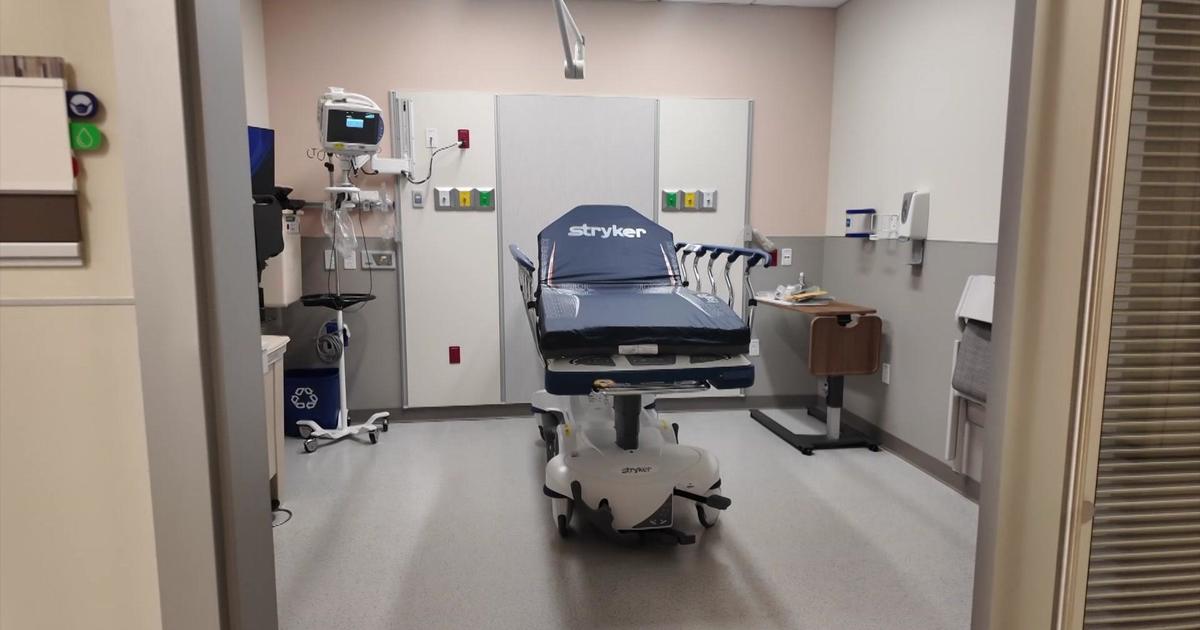Has The Hand Sanitizer Craze Gone Too Far?
NEW YORK (CBSNewYork) -- The sound of hand sanitizer dispensing is music to Molly McGarry's ears.
"It's quick and easy to clean your hands," McGarry said.
Hand sanitizer sales are up 37 percent over last year, and millions of people use them multiple times a day, CBS2's Dana Tyler reported. But are we relying on them too much?
At one time, hand sanitizer dispensers were only in hospitals like the one McGarry and her colleague Jill Coletti work at.
"To decrease overall transmission of infections among patients and from patients to healthcare workers," said Dr. Suraj Saggar, an Infectious Disease Specialist with Holy Name Medical Center.
But now, hand sanitizing dispensers are stationed everywhere.
"I use it constantly, I carry it in my purse, it's on my desk at work. I have it in my car," said Coletti.
"It's become like an accessory," said McGarry.
But just how much of a necessity is this popular accessory?
Dr. Saggar says, "It's not the end all, be all."
Dr. Saggar says hand sanitizers work by removing the top layer of oil from our hands, taking with it some bacteria and viruses that cause the common cold, strep throat, even the flu. If your hands are dirty, doctors say hand sanitizers will not clean them, and there are certain illnesses hand sanitizers cannot prevent.
"So things like the norovirus, E. coli, these sanitizers are not effective against," said Dr. Saggar.
The FDA is currently reviewing the ingredients in these products and says right now there is no evidence that hand sanitizers are any more effective than regular soap and water in helping to prevent the spread of germs.
Additionally, researchers have warned that overuse may actually reduce the skin's own defenses, and possibly contribute to antibiotic resistance, leading some places to think about removing dispensers.
So what's the bottom line?
"We don't need to use sanitizer every time we go outside," says Dr. Saggar. "If you're just at a dinner party, you're probably better off just getting up and using soap and water. It's more effective, it's less toxic and it's less likely to promote resistance."
The American Cleaning Institute, which represents some manufacturers, has said not only are hand sanitizers a critical part of healthy hygiene, the Centers For Disease Control recommends using them when soap and water are not available.


